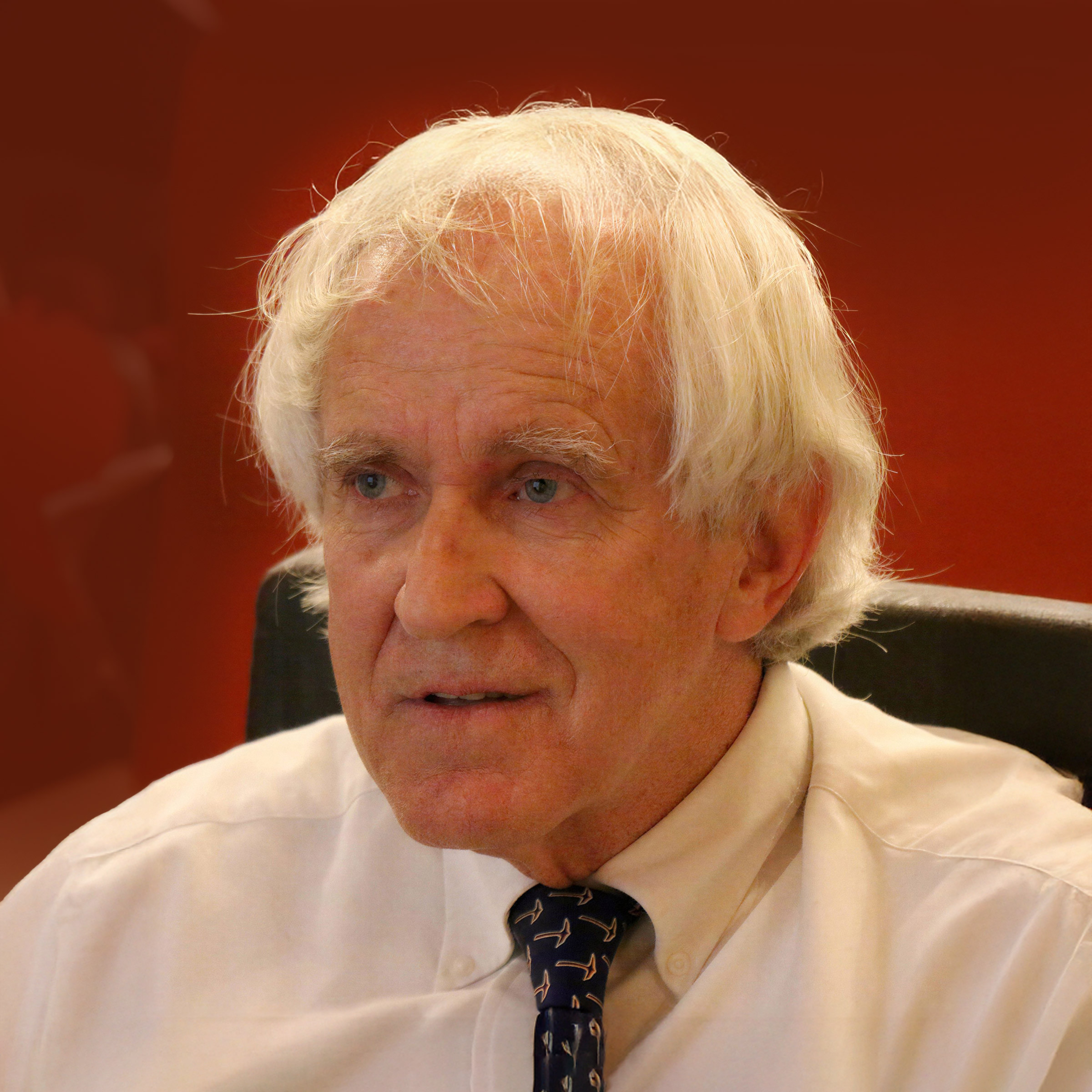meaning
Atheist Philosopher Thinks “We Never Have Direct Access To Our Thoughts”
In a Debate with Peter Singer, Richard Weikart Drills Down to the Bottom of Atheist Ethics

Remembering Stephen H. Webb
Intelligent Design and the Artist’s Soul (Part 3)
Editor’s Note: This is crossposted at Professor Scot McKnight’s Beliefnet blog, Jesus Creed. The first post in this series is found here, and the second here.
The Origin of Beauty
Benjamin Wiker and Jonathan Witt’s masterful book A Meaningful World: How the Arts and Sciences Reveal the Genius of Nature gives the following illustration of how modern scientific reductionists treat nature and the arts:
Imagine hearing the following account of one of Wolfgang Amadeus Mozart’s symphonies: ‘We have been able to prove that this particular symphony is actually reducible to a series of notes that happen to be played both at the same time in chords and one after another, creating a string of disturbances in the air caused by different frequencies. We realize, of course, that these disturbances cause further disturbances in the audience, due in part to the presence of Earth’s particular atmosphere and in part to the effect such disturbances have on the apparatus of the ear as transmitted by neurons to the brain–so disturbing, in fact, that some break into voluntary tears, remarking that they seemed to be hearing the very harmonies of heaven. Happily, we now know that there is nothing more to Mozart’s work in particular and to music in general than mere notes, themselves reducible to waves disturbing air.’
When Christian intellectuals hear such things, their general response is to think that they can have their Darwinian cake and merely scrape off the reductionist icing. But Darwinism, if I may continue the strained metaphor, is, it turns out, a layered cake with icing all throughout.
Read More ›
The Mind and Materialist Superstition
BreakPoint Applauds A Meaningful World: Intelligent Design Argument Breaks New Ground
Yesterday, longtime ID supporter Chuck Colson gave the first of two BreakPoint radio commentaries praising A Meaningful World by Benjamin Wiker and Jonathan Witt. While Mr. Colson is familiar with many of the arguments for design, he was quick to note that A Meaningful World is
about so much more than the narrow concept that many people have of “intelligent design.” Their book’s subtitle helps explain their idea: How the Arts and Sciences Reveal the Genius of Nature. It’s an original and utterly fascinating approach to the subject.
Wiker and Witt have taken the argument for design to another level, posing questions that Darwinism is utterly incapable of answering, as Prison Fellowship Ministries President Mark Earley pointed out in today’s radio commentary:
Read More ›





































